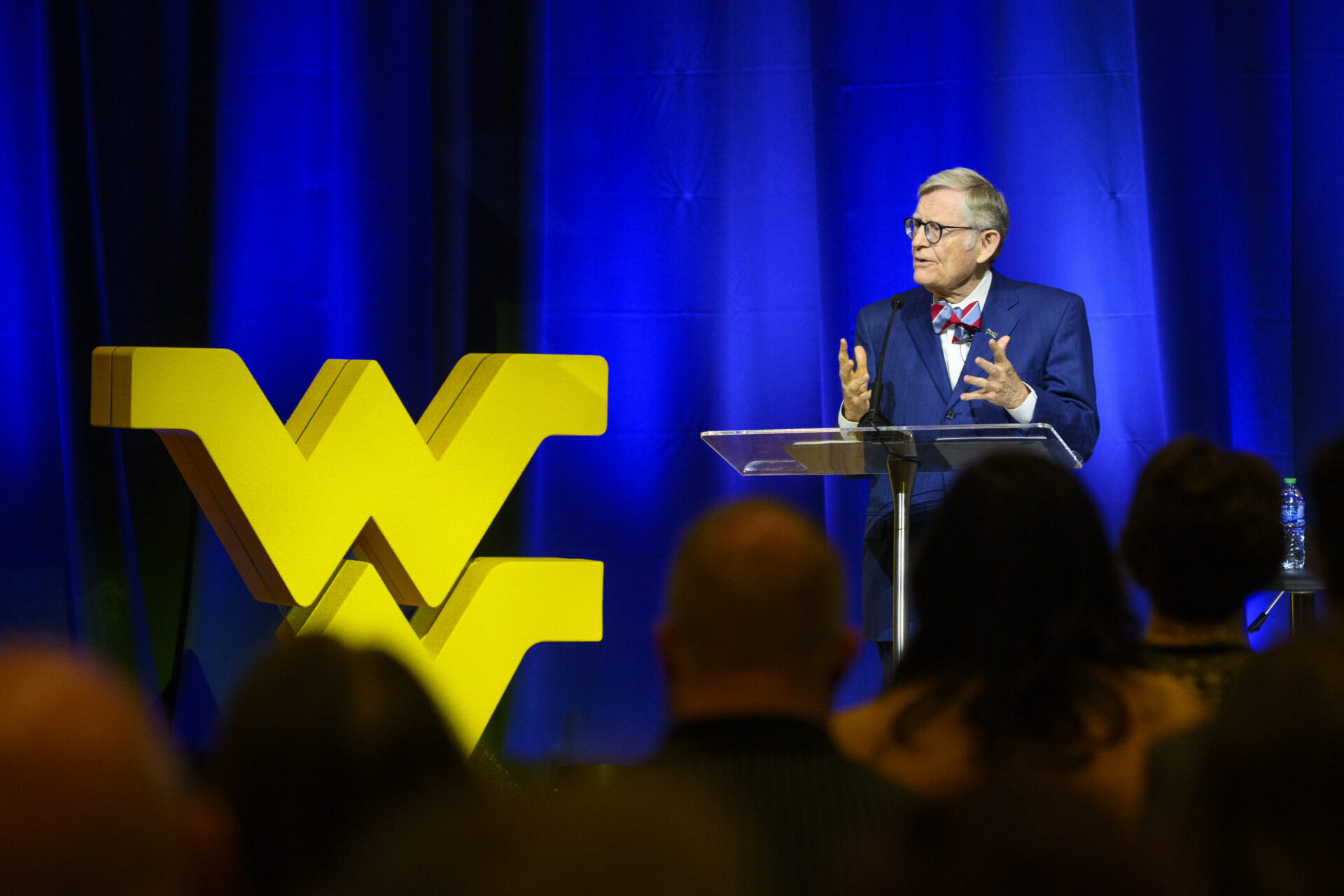The West Virginia University Board of Governors gave President E. Gordon Gee a one-year contract extension Monday amid a budget shortfall, falling enrollment and plans to cut some academic offerings.
Gee, 79, was given an extension through June 2025 during the board’s special meeting in Morgantown. His contract was set to expire next year.
Gee thanked the board after the vote was announced, acknowledged the ongoing challenges and said the intent is to have “a process that is clear, that is visible to everyone” about improving the university.
The move comes as the university is evaluating nearly half of its academic programs and addressing an estimated $45 million budget deficit.
In June, the Board of Governors approved an estimated $1.2 billion budget for fiscal year 2024 that includes $7 million in staff cuts, or around 132 positions, including 38 faculty members. The board moved forward with slashing 12 graduate and doctorate programs and approved a tuition increase of just under 3%.
Gee and other top university officials have said the budget shortfall is largely a result of enrollment declines. The student population has decreased 10% since 2015. Gee also has cited the factors of inflation stress and increases to premiums the school is required to pay for the state’s government employees’ health insurance program.
In 2019, Gee was given a three-year contract extension through 2024 at a salary of $800,000 per year. At the time, board Chairman William Wilmoth said Gee was “one of, if not the top, university leader in the country.”
When the COVID-19 pandemic started a year later, the university issued $40 million in debt to deal with it. The university also took on an additional $10 million in debt to pay for the increased employee insurance costs.
Gee is in his second stint at West Virginia that began in 2014. He also was the school’s president from 1981 to 1985. Gee also served two stints as president at Ohio State and had similar roles at Vanderbilt University, Brown University and the University of Colorado.
